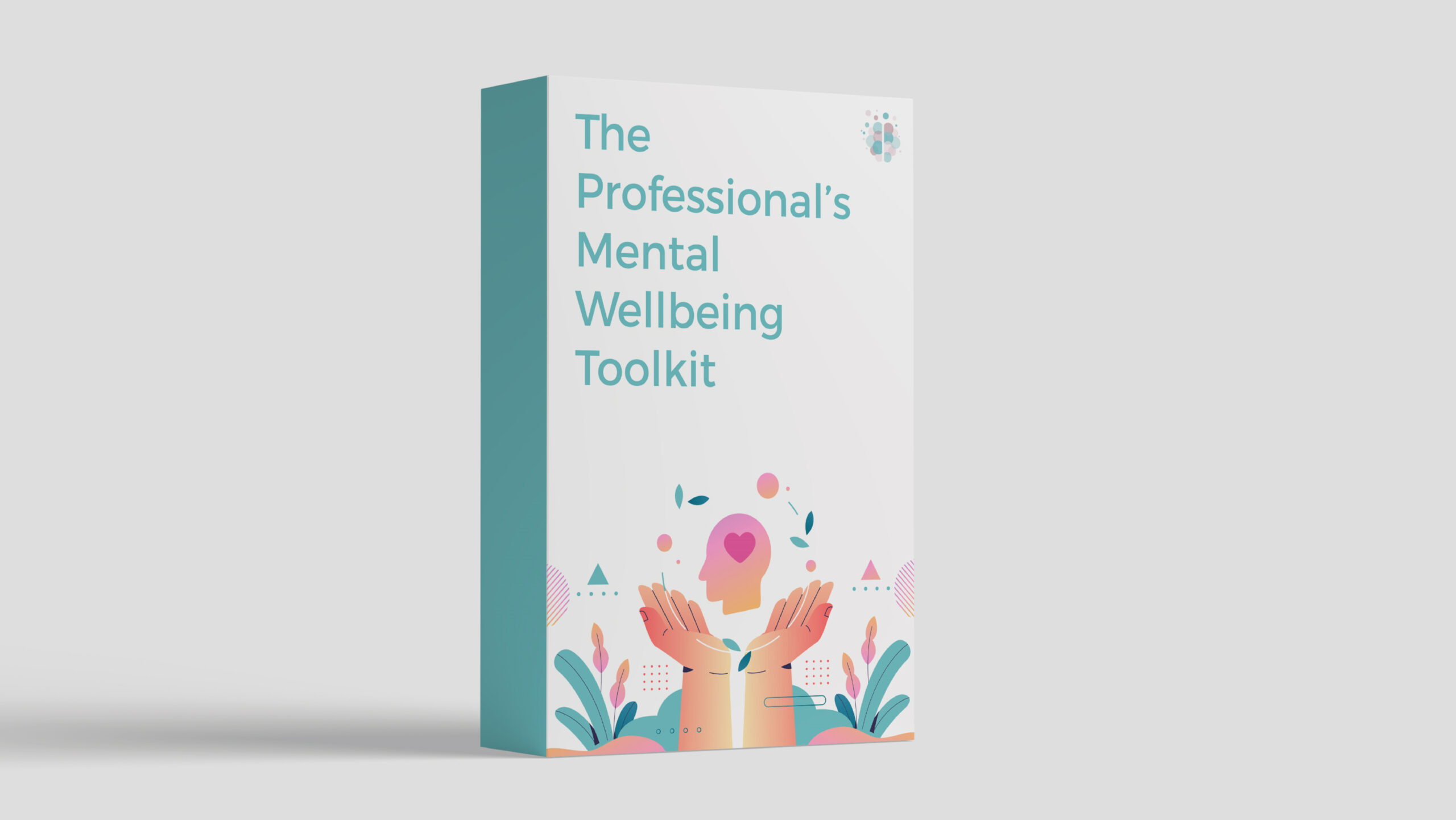Moving on the journey of aging brings both joys and challenges, and adapting to these changes becomes an art in itself. Cognitive-behavioural therapy (CBT) offers seniors effective tools to cope with life's changes, manage stress, and enhance their emotional resilience.
In The NHS Talking Therapies in the UK, 80% of older people completing a course of CBT show a reliable improvement. They fare better than adults aged 18-64, in which 72% show an improvement.
In this article, we'll uncover the nuances of tailored strategies, recognizing the unique needs that come with the golden years.
Understanding the Unique Needs of Older Adults
Physical and cognitive changes underscore the need for a tailored therapeutic approach in CBT for seniors. The cognitive decline accompanying aging requires careful consideration, as it impacts how seniors process information and engage in therapeutic dialogue.
It’s been widely found that our brain naturally shrinks as we age, at a rate of around 5% per decade after age 40. Over the age of 70, the rate of decline possibly increases. This shrinkage is mostly in regions such as the hippocampus and frontal lobe.
These modifications may cause behavioural and cognitive changes. Thinking speed is impacted by fewer neural connections resulting from the brain's outer surface being thinner. Changes in neurotransmitter production impact both emotional and cognitive processes.
CBT practitioners working with older adults must be attuned to these health considerations, adapting their therapeutic techniques. They may emphasize simplicity, repetition, and visual aids to enhance comprehension and retention.
Empathy and patience become guiding principles as the therapeutic process accommodates a slower pace. These allow seniors to engage meaningfully and express their thoughts without feeling rushed.
Other challenges seniors grapple with include physical health issues, loss of loved ones, and social isolation. The losses and transitions experienced in older age can trigger thoughts of missed opportunities and unresolved relationships.
CBT can be tailored to address these specific issues, offering seniors the tools they need to navigate this stage of life successfully.
5 Key Components of CBT for Seniors
1. Cognitive Restructuring
Seniors may hold unhelpful beliefs about aging, such as feeling helpless or useless. CBT helps individuals challenge and reframe these thoughts, fostering a more positive outlook on aging.
2. Behavioral Activation
CBT therapists will often encourage seniors to engage in meaningful and enjoyable activities, combating feelings of isolation and promoting a sense of purpose. This can include socializing, pursuing hobbies, or participating in community events.
3. Relaxation Techniques
Techniques such as breathing exercises, meditation, and progressive muscle relaxation can be particularly beneficial for managing stress and anxiety.
4. Problem-Solving Skills
Therapists can empower seniors to approach challenges with a systematic and constructive mindset, fostering a sense of control and resilience in the face of life's difficulties.
5. Social Skills Training
This can address social isolation by helping seniors enhance their communication and interpersonal skills. It can involve assertiveness training, active listening, and conflict resolution.
Making Use of Wisdom in CBT for Seniors
Therapists can encourage seniors to use their own life data to highlight the wealth of wisdom and resilience that they possess.
One way to do this by creating a timeline that spans the senior's life, marking key events, milestones, and transitions. This life review can help therapists and seniors collaboratively examine the highs and lows, facilitating discussions about significant life experiences.
Questions a therapist may ask during this process include:
- How did you cope with major challenges at different points on the timeline?
- Can you share positive memories or personal achievements associated with specific events on the timeline?
- Are there moments in your life that you consider turning points or pivotal moments?
- What strengths did you draw upon during various phases of your life?
- Are there aspects of your character that you believe contributed to your wellbeing?
- How have you evolved as a person? What aspects of your journey are you proud of?
Navigating Home Care Professionals
As seniors embark on the journey of adapting to life changes, the involvement of home care professionals becomes a crucial element in support. Within this framework, nursing professionals play a pivotal role in ensuring the physical and mental wellbeing of seniors.
In shaping the knowledge of these nursing professionals, courses like accelerated BSN programs play a significant role. These programs provide a comprehensive and expedited education, preparing professionals to meet the demands of home care with competence.
As the demand for home care services continues to rise with the aging population, the role of nursing professionals trained through these programs becomes increasingly significant. These professionals not only contribute to the physical health and medical care of seniors but also bring a holistic understanding of the aging process, mental health considerations, and the importance of fostering a comfortable living environment for seniors adapting to life changes.
Summary
CBT is a valuable tool for addressing the unique challenges faced by seniors. By promoting helpful thinking patterns, teaching effective coping strategies, and enhancing social engagement, CBT empowers seniors to navigate the aging process with increased resilience. As the aging population continues to grow, integrating CBT into mental health care for seniors becomes increasingly crucial for fostering a healthier and more fulfilling later life.
Build Your Therapy Toolkit
Want a library of practical tools to share with clients? Check out The Professional's Mental Wellbeing Toolkit today. It's "everything you need all in one place."


